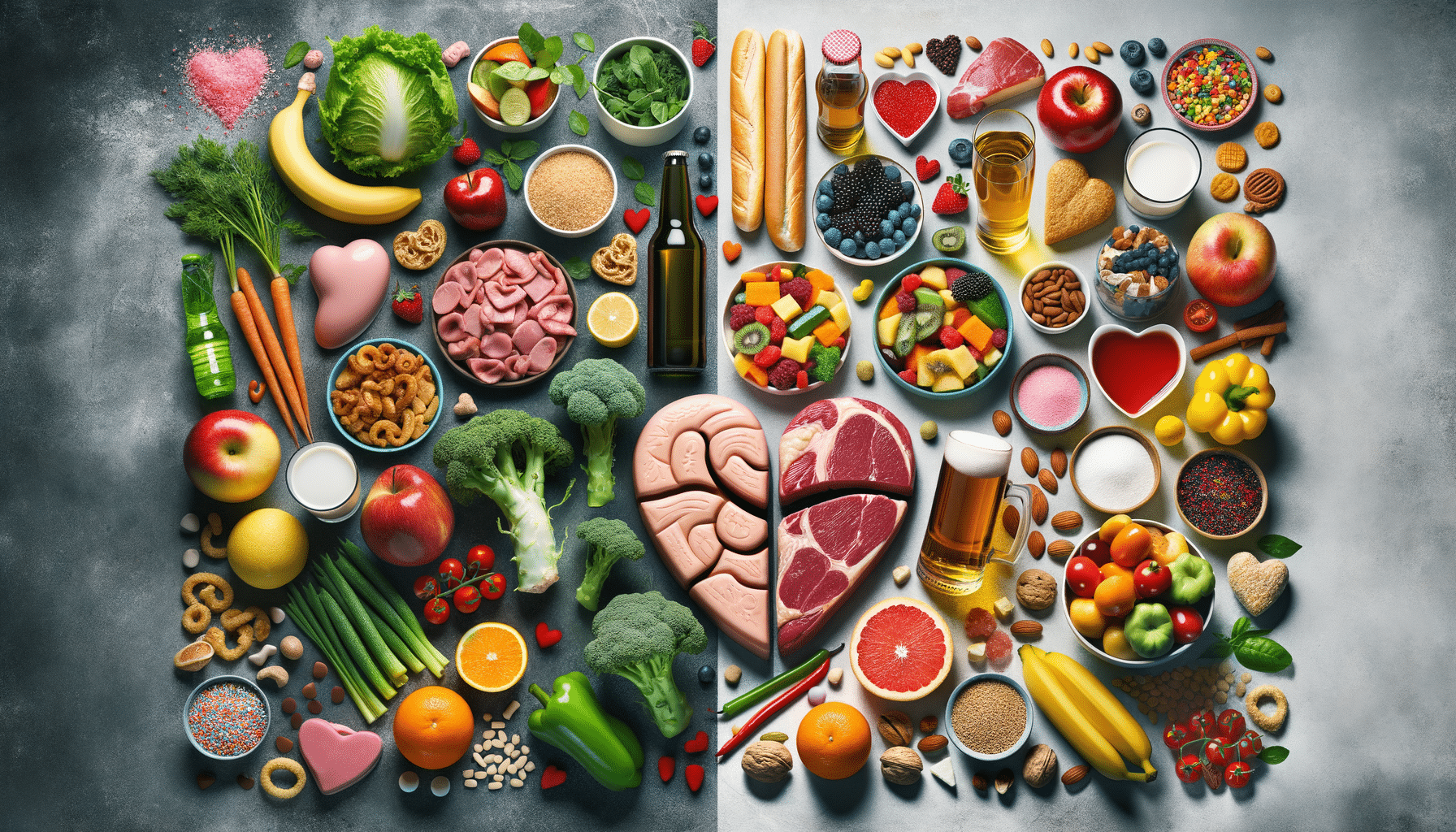
5 Foods to Consider Avoiding If You Have Atrial Fibrillation—And What to Eat Instead
Understanding Atrial Fibrillation
Atrial fibrillation, often abbreviated as AFib, is a common heart condition characterized by an irregular and often rapid heart rate. This condition arises when the heart’s two upper chambers experience chaotic electrical signals, leading to an irregular heartbeat. For many, AFib may be asymptomatic, but for others, it can cause palpitations, fatigue, and shortness of breath. The significance of managing atrial fibrillation cannot be overstated as it increases the risk of stroke, heart failure, and other heart-related complications.
To effectively manage AFib, a multifaceted approach is required, which often includes medication, lifestyle changes, and dietary adjustments. Diet, in particular, plays a pivotal role in managing the condition. Certain foods can exacerbate symptoms, while others can help in maintaining a more stable heart rhythm. Understanding the dietary triggers and beneficial foods can be a crucial step in managing atrial fibrillation effectively.
Foods to Avoid with Atrial Fibrillation
Managing atrial fibrillation effectively often involves avoiding certain foods that can trigger or worsen symptoms. Here are some foods that individuals with AFib may consider limiting or avoiding:
- Caffeine: Found in coffee, tea, energy drinks, and chocolate, caffeine can increase heart rate and potentially trigger AFib episodes.
- Alcohol: Excessive alcohol consumption is a known trigger for AFib. Even moderate drinking can sometimes lead to episodes in sensitive individuals.
- Processed Foods: High in sodium and preservatives, processed foods can lead to increased blood pressure, which is a risk factor for AFib.
- Sugary Foods: Excessive sugar intake can lead to obesity and diabetes, both of which are risk factors for atrial fibrillation.
- High-Sodium Foods: Foods high in sodium, such as canned soups and salty snacks, can increase blood pressure and exacerbate AFib symptoms.
Avoiding these foods can help in reducing the frequency and severity of AFib episodes, improving overall heart health.
Healthier Alternatives for Atrial Fibrillation Management
While certain foods should be avoided, there are many alternatives that can support heart health and help manage atrial fibrillation. Incorporating these foods into your diet can be beneficial:
- Leafy Greens: Rich in vitamins and minerals, leafy greens like spinach and kale offer heart-protective benefits.
- Whole Grains: Foods such as oats, brown rice, and quinoa are high in fiber, which can help in maintaining a healthy weight and reducing blood pressure.
- Fruits: Berries, bananas, and apples are excellent sources of vitamins and antioxidants that support heart health.
- Lean Proteins: Opt for lean meats, fish, and plant-based proteins like beans and lentils to maintain muscle mass without adding excess fat.
- Healthy Fats: Incorporate sources of omega-3 fatty acids, such as salmon, flaxseeds, and walnuts, to help reduce inflammation and support heart function.
Adopting these healthier dietary choices can aid in managing atrial fibrillation and contribute to overall cardiovascular well-being.